After its inception in 1995, New Labour took news manipulation to previously unimaginable heights.
The names of Campbell and Mandelson became synonymous with the art of spin, but they didn't operate alone.
They were backed by a substantial team of people with many years of experience in political commentary, research and presentation.
Where did the Labour Party find a large pool of people with such skills - and a common political viewpoint?
Guess ?????
And here are some of them:-
Bill Bush - Ex BBC Head of Political Research
in 1990 he moved politically slightly rightwards to be Head of Political Research and Analysis at the BBC.
In 1995 he moved to 10 Downing Street, as Head of Research for Tony Blair, and later took a position as Special Adviser to New Labour culture minister Tessa Jowell.
As Minister for Culture, Media and Sport, Jowell and Bush were responsible for Government policy towards the BBC.including renegotiating the licence fee.
The Guardian said:- Bill Bush, the head of the BBC's political research department, left to join the research unit at Number 10. This was a man who had access to the most sensitive information the BBC has on MPs, their parties and the government. His value to the Labour party can hardly be over-estimated. Then came Catherine Rimmer, a former Bush colleague, who has also travelled the short distance from the BBC's Millbank offices, which coordinates all political coverage, to Downing Street.
Catherine Rimmer - Ex BBC Political Research

Catherine Rimmer was Bill Bush's assistant at BBC Political Research.

Catherine Rimmer was Bill Bush's assistant at BBC Political Research.
She left with him to join the Downing Street research group.
The Spectator said :-... (Bush) is also taking with him the deputy head of the BBC's political research unit, one Catherine Rimmer. In fact, you could say that the BBC's political research unit has turned out to be an invisible branch of the Labour party.
Lance Price - BBC Journalist 1981 - 1998
He left in 1998 to work as Alistair Campbell's assistant in Downing Street.
In 2000 he became the Labour Party's Director of Communications.
Now he is a freelance journalist writing mainly for the Guardian and broadcasting for the BBC - again
Ed Richards - Ex BBC Controller of Corporate Strategy
Ed Richards was Controller of Corporate Strategy at the BBC until 1999. Before that he was an adviser to Gordon Brown
He left the BBC in 1999 to become Tony Blair's senior policy adviser on media, telecoms, internet and e-government.
As a policy researcher at No 10 ahead of the 2002 general election, he was responsible for drawing up a key political strategy outlining a "vision of what Britain should be like at the end of a second Labour term .
According to the Guardian, he is :- A quintessential New Labour man - Greg Dyke famously referred to him as a "jumped-up Millbank oik"
While at Downing Street, also he helped draft the act which established the broadcasting regulator OFCOM. In 2005 he became chief executive of OFCOM , at a salary reported to be over £300,000 . OFCOM is responsible for adjudicating complaints against the BBC.
Ed Richards has dismissed accusations of New Labour cronyism as "tittle tattle"
Tom Kelly - Ex BBC NI Head of News
He was a political editor and later head of news at BBC Northern Ireland before crossing the divide between those who report the news and those who help to shape the government's message, becoming director of communications at the Northern Ireland Office shortly after New Labour came to power.
.In 2001 he became one of Tony Blair's official spokesmen.
Of course it may well be that, during their BBC careers, all these folk meticulously followed the BBC's charter commitment to political impartiality.
It may have been just a coincidence that BBC journalist Jane Garvey said, of the morning after the 1997 Labour victory - "I do remember... the corridors of Broadcasting House were strewn with empty champagne bottles. I'll always remember that....."






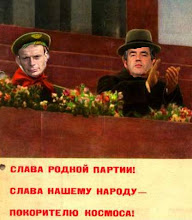
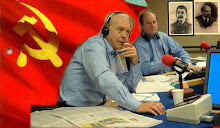
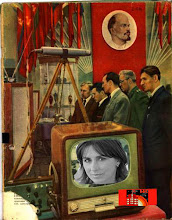
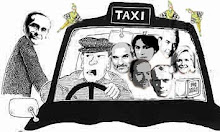
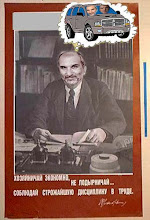
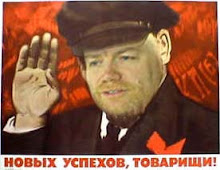
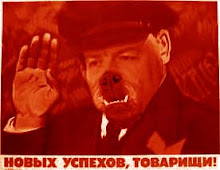
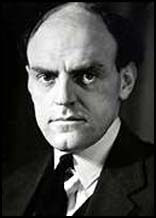

No comments:
Post a Comment